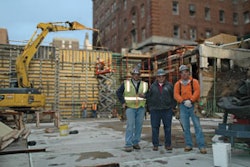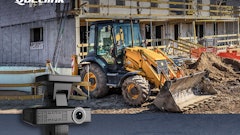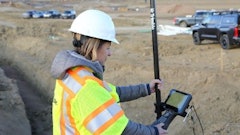Unless you're Rip Van Winkle awakening from your 20-year nap, the loss of 2.6 million jobs in 2008, the highest unemployment rate (7.2 percent) in 16 years, validated what you already knew - the current recession is serious. And at this writing, just days before Barack Obama takes control of the Oval Office, it's clear that job creation is the top priority for our new president.
While the details of Obama's economic stimulus package are far from clear and the number of projected jobs that plan will create grow as he lobbies hard for Congressional support, the need for jobs and jobs now cannot be disputed. Political skepticism has reared its ugly head in Washington, not a surprise, and even Obama's economists acknowledge that the current 3.5 million job creation under the $800 billion stimulus plan are based on economic models used to develop the plan and will also be subjected to what Congress eventually approves.
But as Obama stated in his weekly radio and YouTube broadcast (Jan. 10), "These numbers are a stark reminder that we simply cannot continue on our current path."
Skeptics want accountability, because they don't want another taxpayer bailout similar to the $700 billion financial fiasco this past October. Those working to build and maintain the surface transportation system in this country don't have a problem with being accountable for funds they receive.
Beyond Obama's economic stimulus package, the roadbuilding industry is working hard to craft a new highway bill and accountability is clearly a key component of a successful reauthorization of the Safe, Accountable, Flexible, Efficient Transportation Equity Act: A Legacy For Users (SAFETEA-LU), which will expire on Sept. 30.
The U.S. House Transportation & Infrastructure Committee wants a well-funded bill (in the $500 billion range over the six years the bill covers) that addresses the needs of 21st century transportation, and does so in a way that is accountable to all stakeholders supporting the investment. As Committee Chairman Jim Oberstar (D-MN) has stated, the reauthorized surface transportation bill needs to be project outcome-based, requiring performance benchmarks that can be validated through interagency cooperation. He also wants environmental streamlining to move projects quickly from design to construction. And Oberstar wants a bill that creates jobs.
So whether it's Obama's economic stimulus package that is expected to create hundreds of thousands of construction jobs in the surface transportation industry or the reauthorization of SAFETEA-LU, federal government oversight and accountability will be required to make sure the dollars spent deliver what taxpayers want and expect.
And you can be sure asphalt contractors and others in the surface transportation construction industry will meet the challenge.
Greg Udelhofen, Editor





















